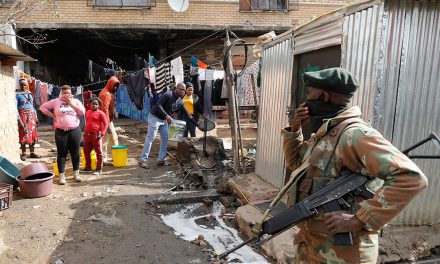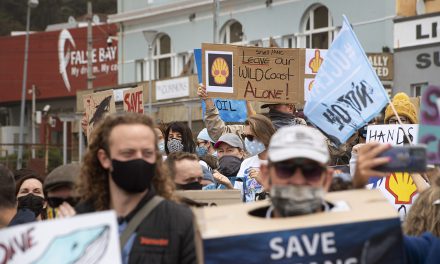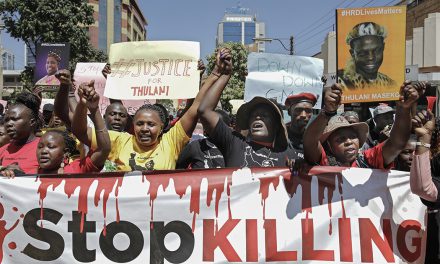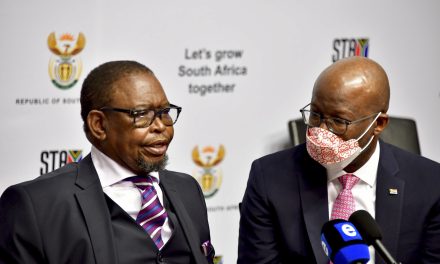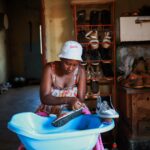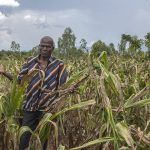During the global COVID-19 pandemic we overused the word “unprecedented”, but South Africa is now truly in an “unprecedented” moment. President Cyril Ramaphosa, from what the media reports and allies of the president have shared, was close to resigning last week, because of a Section 89 panel report’s findings against him. The panel’s report suggested the President may have committed some wrongdoing, despite the Presidency’s vehement denial of the charges.
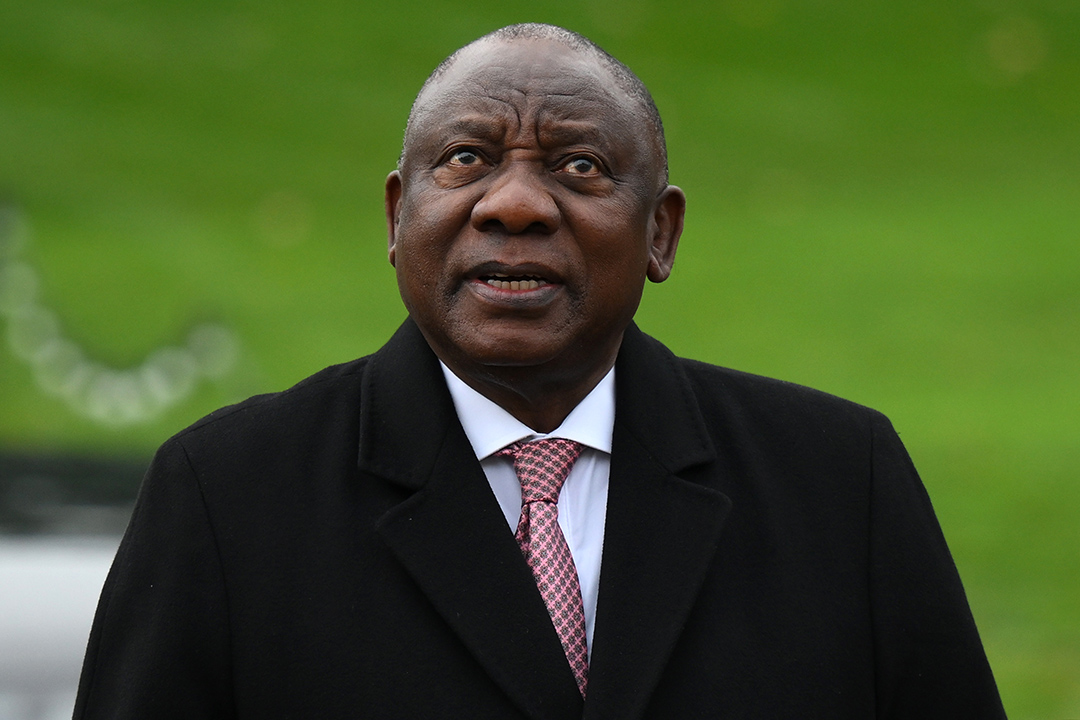
South African President Cyril Ramaphosa will not step down despite a parliamentary report this week into the alleged cover-up of a cash robbery at one of his farms, his spokesman said on 3 December 2022. Photo: Daniel Leal/AFP
This is a politically charged moment, with the ANC elective conference due to begin in 10 days’ time. But, as Good Governance Africa indicated in a press release last week, our concern is less with the politics of the moment than the governance implications of the political and legal processes being followed. What South Africans deserve is for transparency and accountability to always be central, and for the rule of law to be upheld. Of course, there is no due process in this context divorced from the sensitive politics in which the scandal originally surfaced. Plenty of commentators have tried to make sense of those factional battles, and we do not want to reiterate those analyses here.
Our concern is to cut through the noise by analysing the legal options now available and what the implications of implementing them might be. In this respect, hot off the press, we have an excellent piece by our legal researcher, Helen Acton, which examines some of the questions not being addressed in the mainstream media. For instance, what would the implications be now that the President has indicated that he will take the report on judicial review, given that this seems to be the current preference? What is the legal standing of the panel’s findings? What impact do they have in the three-stage process?
We reiterate our call for President Ramaphosa to address the South African public on the issue.
For media enquiries, please contact us on info@gga.org


